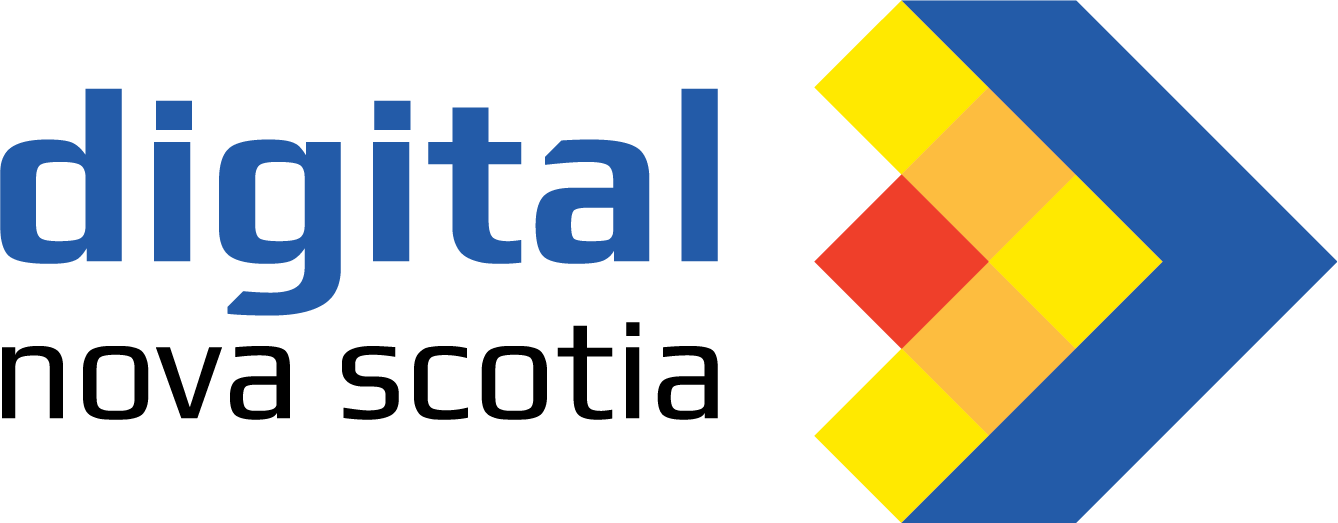Software Engineer
What you’ll do
Responsibilities
- Collaborating with the team by participating in code reviews, direct collaboration, and open discussion of ongoing work.
- Actively engage in further development of your existing skill set.
- Attempt re-create customer reported defects with the help of QA.
- Contributing to the evolution of our software development practices and architecture.
- Perform hardware/software integration tasks.
- Ensure relevant documentation and frameworks are kept up to date.
- Install software loads in preparation for hardware/software testing.
- Develop various land, air, and naval vehicle system simulation models.
- Perform unit and integration testing of simulation models.
- Create system testing documents.
- Analyze, evaluate, and resolve software issues and deficiencies by proposing high-level design and technical solutions to issues that arise by subject matter experts and customers.
What you’ll need
Qualifications
Must Have:
- Bachelor’s degree in Computer Science or Computer Engineering (or equivalent program).
- A minimum of 2 years of experience.
- Great communication skills and ability to work effectively on shared projects with testers, and other developers.
- Strong software engineering skills with attention to detail and quality.
- Autonomy, creativity, and a good sense of initiative.
- Strong computer science fundamentals in 3D, math, object-oriented design, algorithms, and data structures.
- Solid software engineering skills, including the ability to write maintainable and robust code using modern object-oriented C++ standards and best practices.
Nice to Have:
- Experience with .net desktop UI development.
- A thorough understanding of Windows operating systems and virtual environments.
- Experience with C# and Python.
- Simulation or Game industry experience would be an asset: Knowledge of industry tools such as Virtual Battlespace 3/4 (VBS3/4), Godot, Unity, Unreal, CryEngine or other 3D game engine.
- Experience developing real-time physics-based simulation models (e.g., fluid flow dynamics, aerodynamic, kinematic, and game physics systems, etc.) desired.
- Knowledge of networks and networking concepts.
